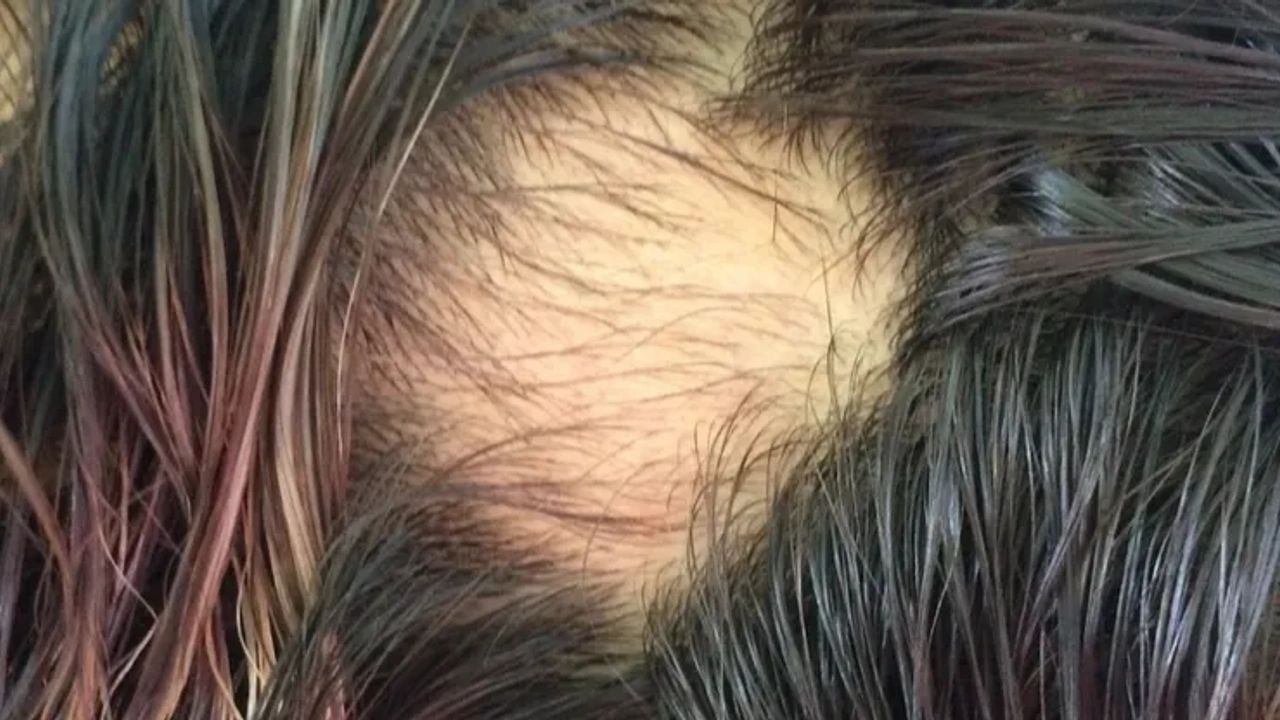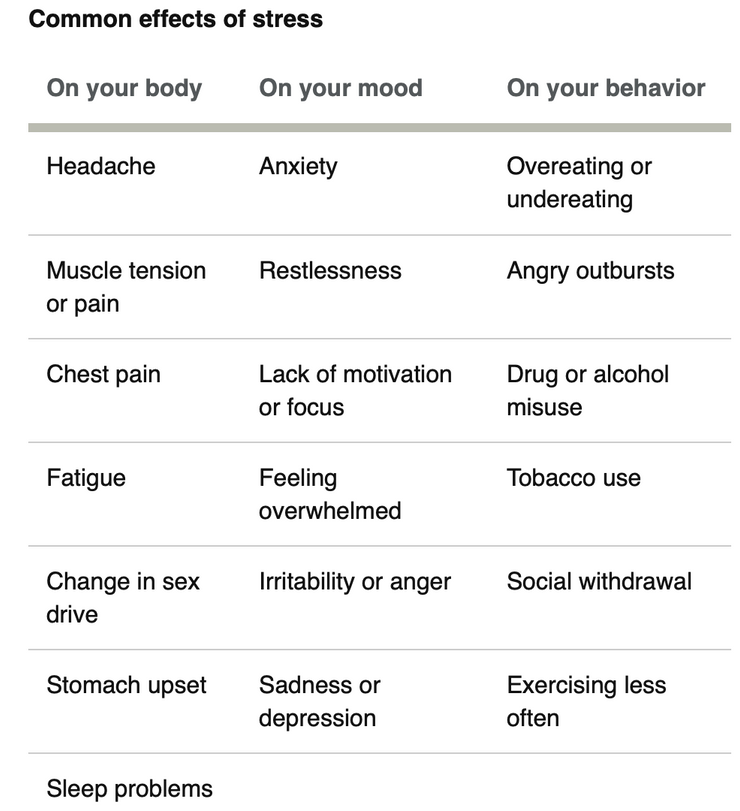Stress Induced Alopecia
Apr 17, 2019
Did you know that stress accounts for 90% of all medical visits according to the American Stress Institute. Chronic stress costs the US business economy $600 billion a year and your perception of stress radically alters the physiological reaction to it.
Stress. It' s not an emotion. It's something that occurs within your body.
Everyone feels stressed from time to time. Some people may cope with stress more effectively or recover from stressful events more quickly than others. There are different types of stress—all of which carry physical and mental health risks.
A stressor may be a one time or short term occurrence, or it can be an occurrence that keeps happening over a long period of time.
Examples of stress include:
-
Routine stress related to the pressures of work, school, family and other daily responsibilities
-
Stress brought about by a sudden negative change, such as losing a job, divorce, or illness
-
Traumatic stress experienced in an event like a major accident, war, assault, or a natural disaster where people may be in danger of being seriously hurt or killed. People who experience traumatic stress often experience temporary symptoms of mental illness, but most recover naturally soon after.
Health problems can occur if the stress response goes on for too long or becomes chronic, such as when the source of stress is constant, or if the response continues after the danger has subsided. With chronic stress, those same life-saving responses in your body can suppress immune, digestive, sleep, and reproductive systems, which may cause them to stop working normally.
Different people may feel stress in different ways. For example, some people experience mainly digestive symptoms, while others may have headaches, sleeplessness, sadness, anger or irritability. People under chronic stress are prone to more frequent and severe viral infections, such as the flu or common cold.
Routine stress may be the hardest type of stress to notice at first. Because the source of stress tends to be more constant than in cases of acute or traumatic stress, the body gets no clear signal to return to normal functioning. Over time, continued strain on your body from routine stress may contribute to serious health problems, such as heart disease, high blood pressure, diabetes, and other illnesses, as well as mental disorders like depression or anxiety.
Stress can motivate people to prepare or perform, like when they need to take a test or interview for a new job. Stress can even be life-saving in some situations. In response to danger, your body prepares to face a threat or flee to safety. In these situations, your pulse quickens, you breathe faster, your muscles tense, your brain uses more oxygen and increases activity—all functions aimed at survival.

Other problems include, insomnia, eating disorders, depression, anxiety and panic attacks, colds and viruses, circulatory issues, systemic or local infections, diabetes, heart problems and cancer. IBS, fatigue, hairloss, and teeth grinding also came up as directly linked to stress.
According to the Mayo Clinic, stress and hair loss is connected and related.
Three types of hair loss that can be associated with high stress levels are:
-
Telogen effluvium. In telogen effluvium (TEL-o-jun uh-FLOO-vee-um), significant stress pushes large numbers of hair follicles into a resting phase. Within a few months, affected hairs might fall out suddenly when simply combing or washing your hair.
-
Trichotillomania. Trichotillomania (trik-o-til-o-MAY-nee-uh) is an irresistible urge to pull out hair from your scalp, eyebrows or other areas of your body. Hair pulling can be a way of dealing with negative or uncomfortable feelings, such as stress, tension, loneliness, boredom or frustration.
-
Alopecia areata. A variety of factors are thought to cause alopecia areata (al-o-PEE-she-uh ar-e-A-tuh), possibly including severe stress. With alopecia areata, the body's immune system attacks the hair follicles — causing hair loss.
Stress and hair loss don't have to be permanent. Alopecia Angel can help! My experience, books, courses and trainings, will take you to the next level of health and wellness, promoting health from the inside out and promoting new hair growth.
I have experienced alopecia myself, healed myself and now have helped countless others. See their testimonials on my Facebook page, Instagram and website.
Most clients begin to see results and growth in less than 6 months.
We cover and look at a host of factors, including diet, nutrition, pathogens, triggers, environment, toxins, lifestyle and much more.
Many times other issues you might have also subside with the changes made from the guidance of my program. Many clients reveal they feel better with less stress, less anxiety, less depression, and less symptoms of other autoimmune issues.
If your hair loss is stress related, your hair follicles haven’t been permanently damaged. Which is a great thing! Managing your stress and taking good care of your health can result in your hair returning to a normal rate of growth, once all factors have been evaluated and you are consistently improving your health you will see results. Every choice you make directly impacts your health!
Ready to learn more about how Alopecia Angel can help? Book a free discovery call. Email me directly and lets talk about your personal situation. I help adults and children in their quest for better health and hair!
https://www.nimh.nih.gov/health/publications/stress/index.shtml
https://www.mayoclinic.org/healthy-lifestyle/stress-management/in-depth/stress-symptoms/art-20050987
https://www.everydayhealth.com/emotional-health/stress/illnesses-caused-stress/
https://www.mayoclinic.org/healthy-lifestyle/stress-management/expert-answers/stress-and-hair-loss/faq-20057820
Stay connected with news and updates!
Join our mailing list to receive the latest news and updates from our team.
Don't worry, your information will not be shared.

